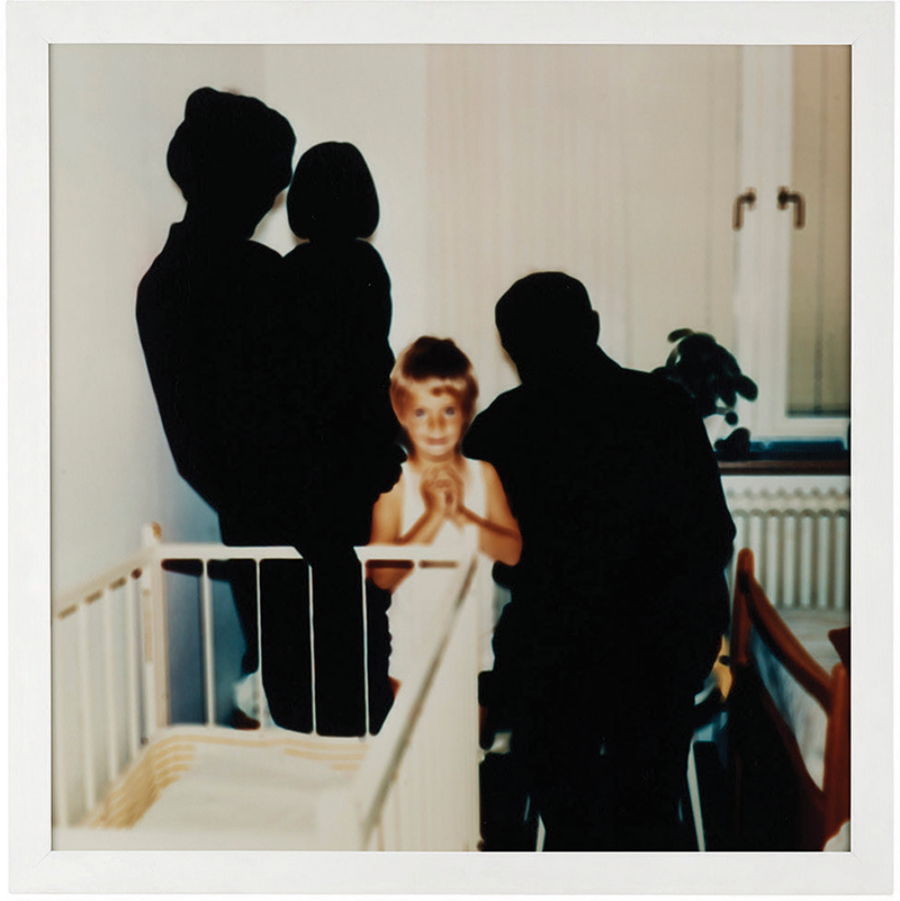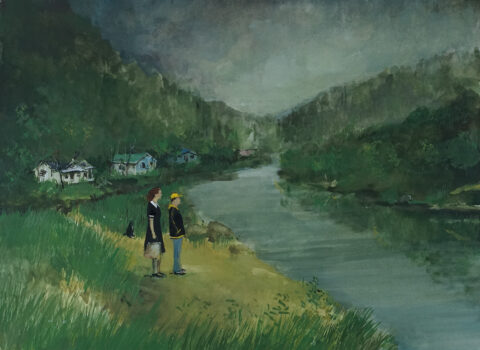
Untitled (In the Middle of the Night), by Maria Miesenberger, from the series Sverige/Schweden © The artist. Courtesy Anna Bohman Gallery, Stockholm
The Very Beneficial Changeling Society
I am a member of the Very Beneficial Changeling Society. Perhaps you have heard of us? We love our name, the Very Beneficial Changeling Society, because it indicates in some way the good that we do. And we do a lot of good, a rather profound and incalculable good.
Our founder, the late Elayne Simkin, noticed a rather sad fact, a fact that one would rather not think about, and not only did she notice the fact, but she considered it, took it to heart, and acted. That fact is the following: most people don’t deserve to have children!…
















































































































